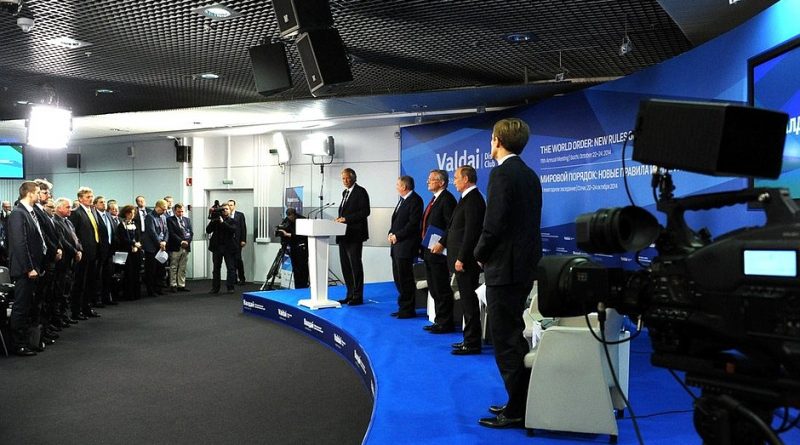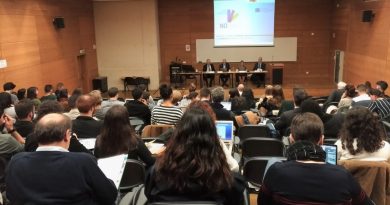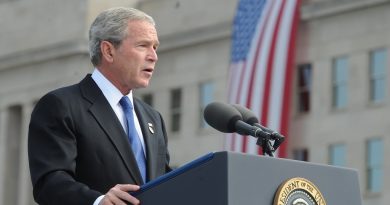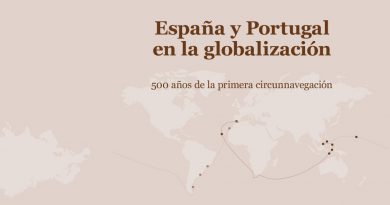24 MAI | Seminar International Studies: Alternative World Orders
Professor Arie M. Kacowicz, from the Hebrew University of Jerusalem (Israel), is the invited speaker of the next Seminar in International Studies.
This session about “Alternative World Orders: Northern Scenarios and Latin American Responses” will be held at ISCTE-IUL, Aud. Caiano Pereira (Building Sedas Nunes), on May 24, at 2.30 p.m. Free entry.
About the seminar:
There is a long tradition in the discipline of international relations of studying the future of international politics by imagining alternative “institutional designs” of world orders as objects of interests in themselves and for academic and policy purposes. In this project, I present several alternative world orders as analytical and normative scenarios, or “architectures” of the post-Cold War world in the age of globalization, with an emphasis upon their resonance, translation, impact, adaptation, and reaction in the Latin American region. I ask four different and inter-related research questions: (1) What are the relevant “world orders” (in analytical and normative terms) that describe and explain the current international system (and society), close to thirty years after the end of the Cold War? What is the most feasible among them, and why?; (2) How do these alternative world orders impact upon the Latin American region (in terms of repercussions, reactions, prescriptions, and behaviour)?; (3) Do Latin American scholars and politicians suggest alternatives of their own to those alternative orders? Why or why not?; and (4) What role should Latin America play in the shaping of those alternative world orders? To answer these questions, I map eight Northern scenarios (“new medievalism”; a “tale of two worlds”; a “clash of civilizations”; a “coming anarchy”; Liberal globalism and the “end of history”; a multilateral and polycentric world of nation-states; a “fluid world” of globalization, nationalism, and regionalism; and a cosmopolitan and global democracy). The research then focuses upon the impact and reactions to those world orders from the Latin American perspective, drawing the distinction between the analytical, normative, and policy/behavioral components of world orders. In empirical terms, I examine how Latin American scholars, politicians, and regional organizations cope and react with those global orders. Moreover, I assess the extent to which Latin Americans have offered alternative scenarios to those world orders (such as “dependency”, autonomy, “peripheral Realism” and post-colonial approaches).
About the speaker:
Arie M. Kacowicz is Professor of International Relations and the Chaim Weizmann Chair in International Relations at the Hebrew University of Jerusalem, Israel. A Faculty member since 1993, he was the Chair of the Department of International Relations in 2005-2008 and currently is the President of the Israeli Association of Israeli Studies. His research interests include peace studies, international relations of Latin America, globalization and global governance, and the normative dimension of international relations. His recent publications include Globalization and the Distribution of Wealth: The Latin American Experience, 1982-2008 (Cambridge University Press, 2013), Routledge Handbook of Latin American Security (co-edited with David Mares, Routledge 2016), and The Relevance of Regions in a Globalized World: Bridging the Social Sciences – Humanities Gap (co-edited with Galia Press-Barnathan and Ruth Fine, Routledge 2019).
Photo by Official Internet Resources of the President of Russia: Meeting of the Valdai International Discussion Club "The World Order: New Rules or a Game without Rules."
![]() This work is licensed under a Creative Commons Attribution-NonCommercial-ShareAlike 4.0 International License.
This work is licensed under a Creative Commons Attribution-NonCommercial-ShareAlike 4.0 International License.




